Breeding dogs is a significant responsibility, often requiring careful consideration of the breed’s characteristics, including litter size. Some dog breeds naturally produce larger litters than others, influenced by factors such as genetics, breed size, and overall health. Larger litters can mean more work in terms of care, socialization, and medical expenses from the moment of birth. For potential breeders and those interested in the dynamics of canine reproduction, understanding which breeds typically produce larger litters is essential. This knowledge can help in planning for the care requirements and financial commitments involved. In this article, we explore ten dog breeds known for their propensity to produce large litters, examining the reasons behind their prolific nature and discussing the implications for breeders and owners.
1. Labrador Retriever
Labrador Retrievers are not only popular for their friendly and outgoing nature but also for their large litter sizes. On average, a Labrador can have litters ranging from 6 to 8 puppies, but it is not uncommon for healthy and well-bred females to deliver up to 10 or more puppies in one litter. The breed’s robust health and genetic diversity contribute to its ability to produce sizable litters. Labs are often chosen for breeding due to their popularity and temperament, factors that also necessitate responsible breeding practices to maintain the health and vitality of the breed.
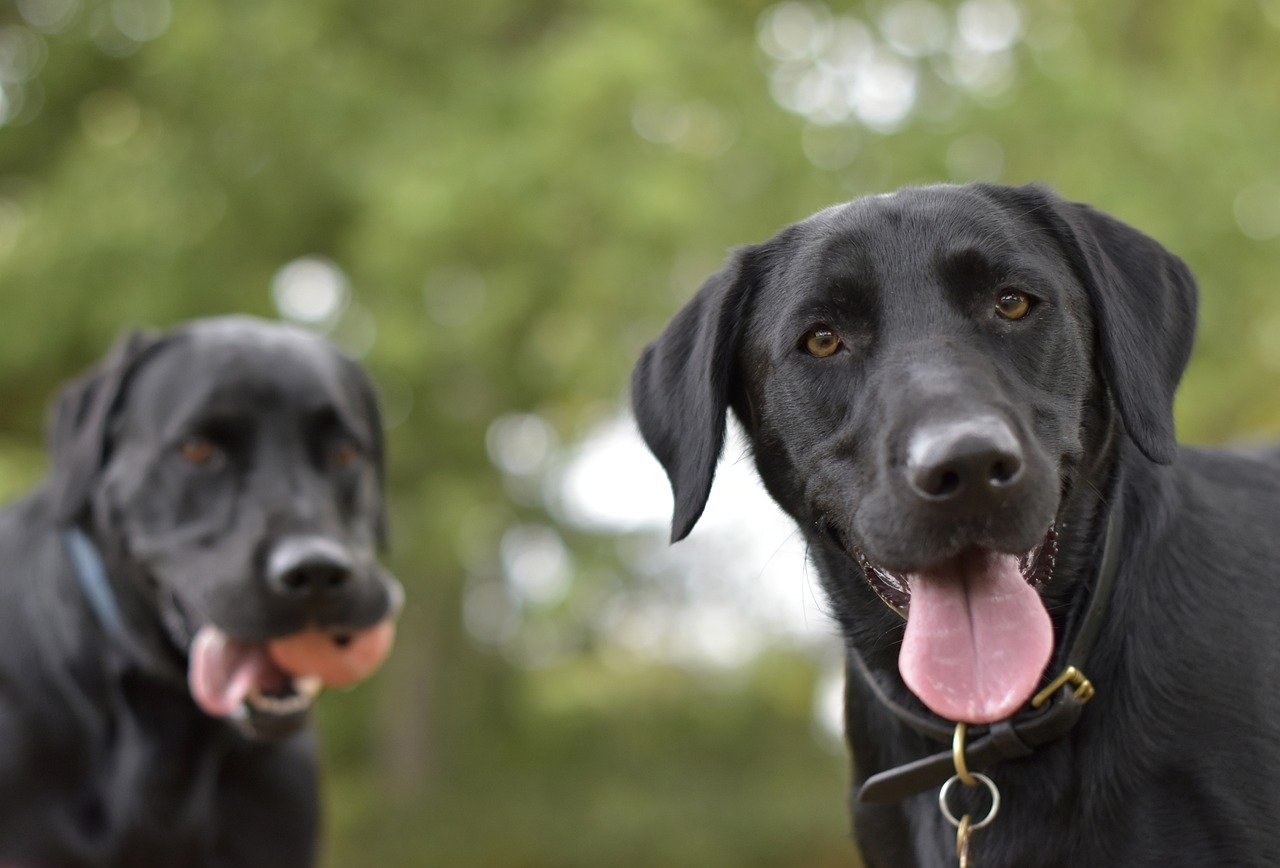
2. German Shepherd
German Shepherds are another breed known for their large litters, typically producing anywhere from 5 to 10 puppies. As a breed with a strong working heritage, their robust genetic makeup supports large litters, which historically enhanced their utility in various roles such as herding, guarding, and police work. The breed’s popularity and the demand for puppies for various work and family roles have encouraged breeding practices that sustain these larger litter sizes.
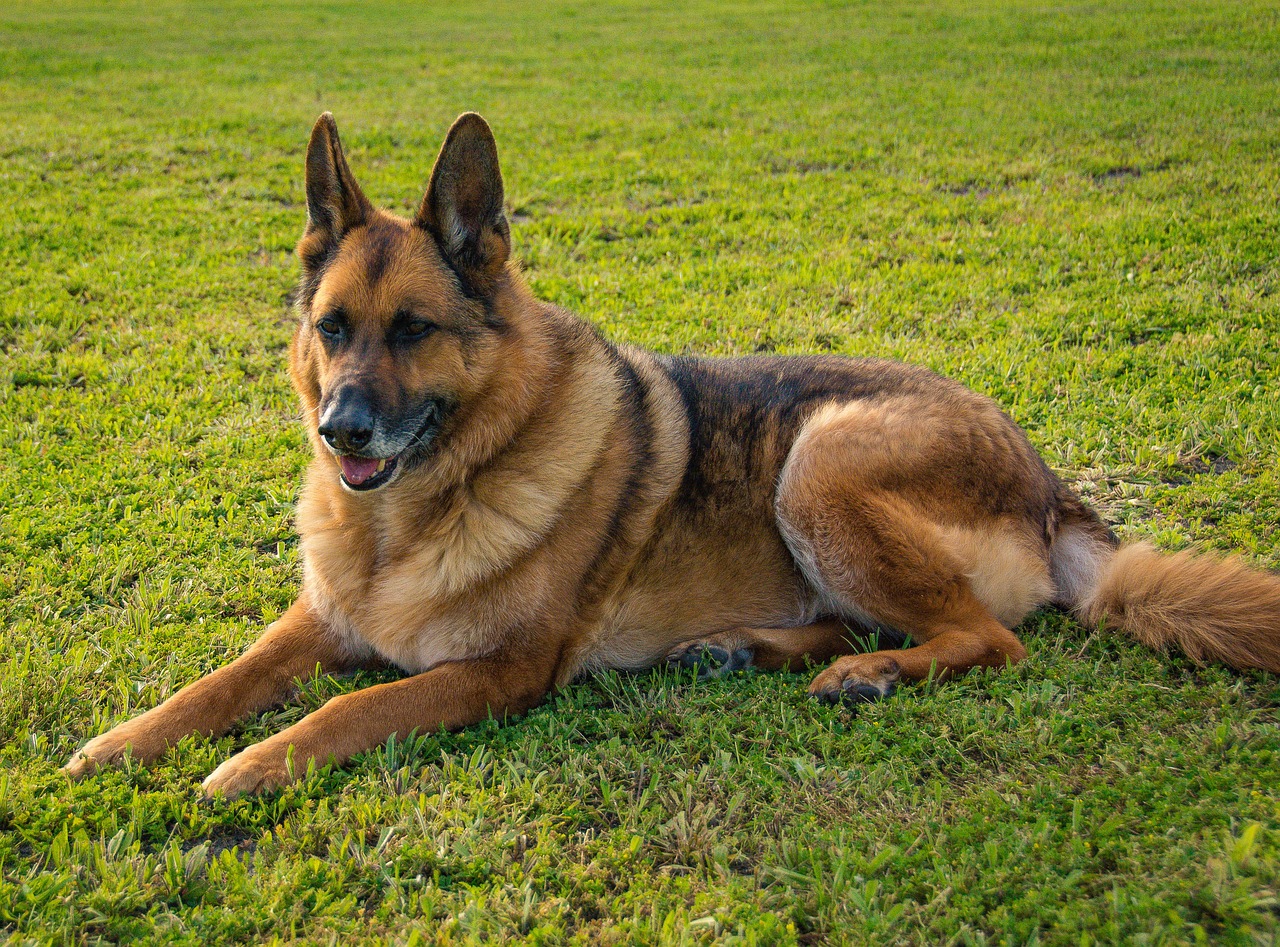
3. Golden Retriever
Golden Retrievers are similar to Labrador Retrievers in their litter sizes, commonly producing litters of 8 puppies. It’s not unusual, however, for a Golden Retriever litter to include up to 12 puppies. This breed’s gentle temperament and status as a beloved family pet make it a frequent choice for breeding. The potential for large litters necessitates careful health management and breeding oversight to ensure the well-being of the mother and her puppies.
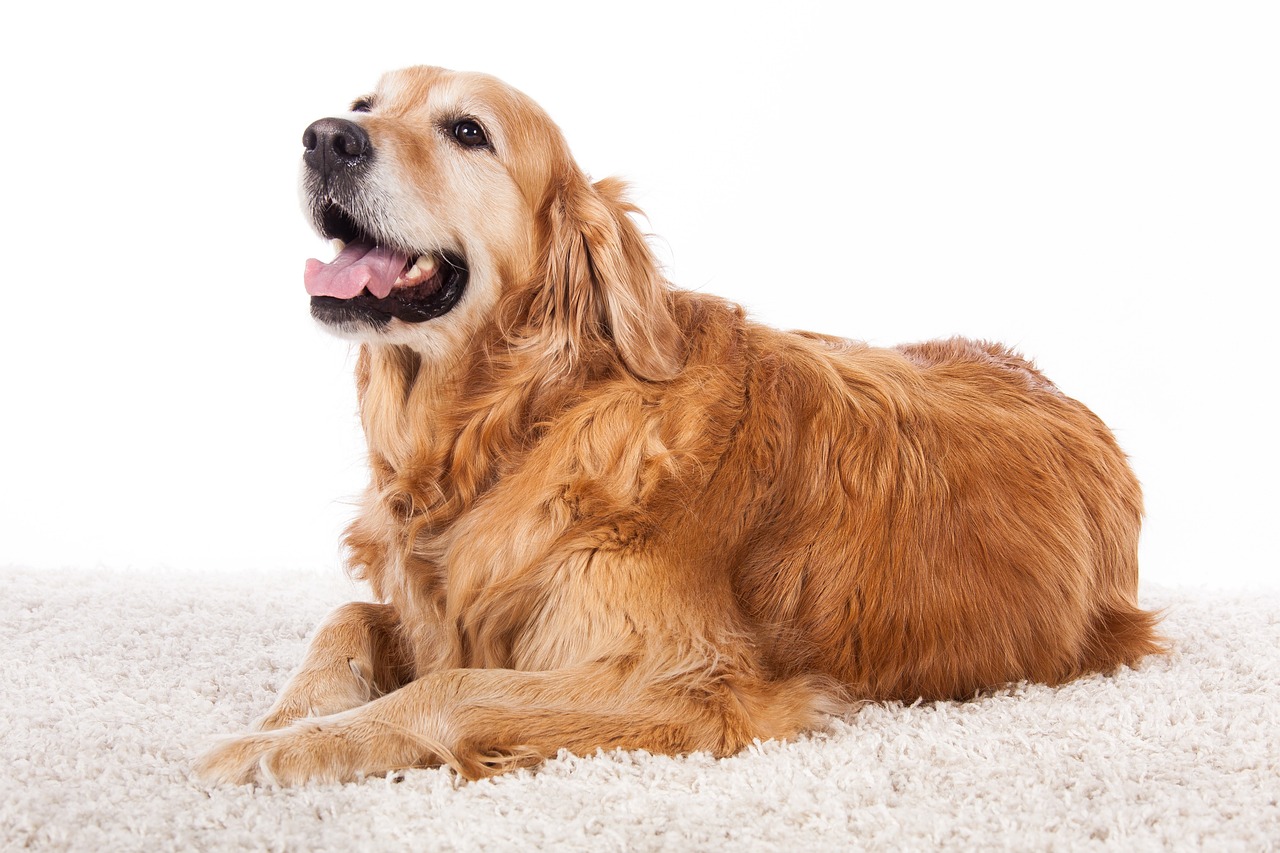
4. Cane Corso
Cane Corsos are large, powerful dogs with a strong guarding instinct, and they are capable of producing similarly large litters. A typical Cane Corso litter can range from 8 to 12 puppies. Due to their size and protective nature, breeding Cane Corsos requires careful consideration of litter size for the health of the mother and proper socialization of the puppies to ensure they develop balanced temperaments.
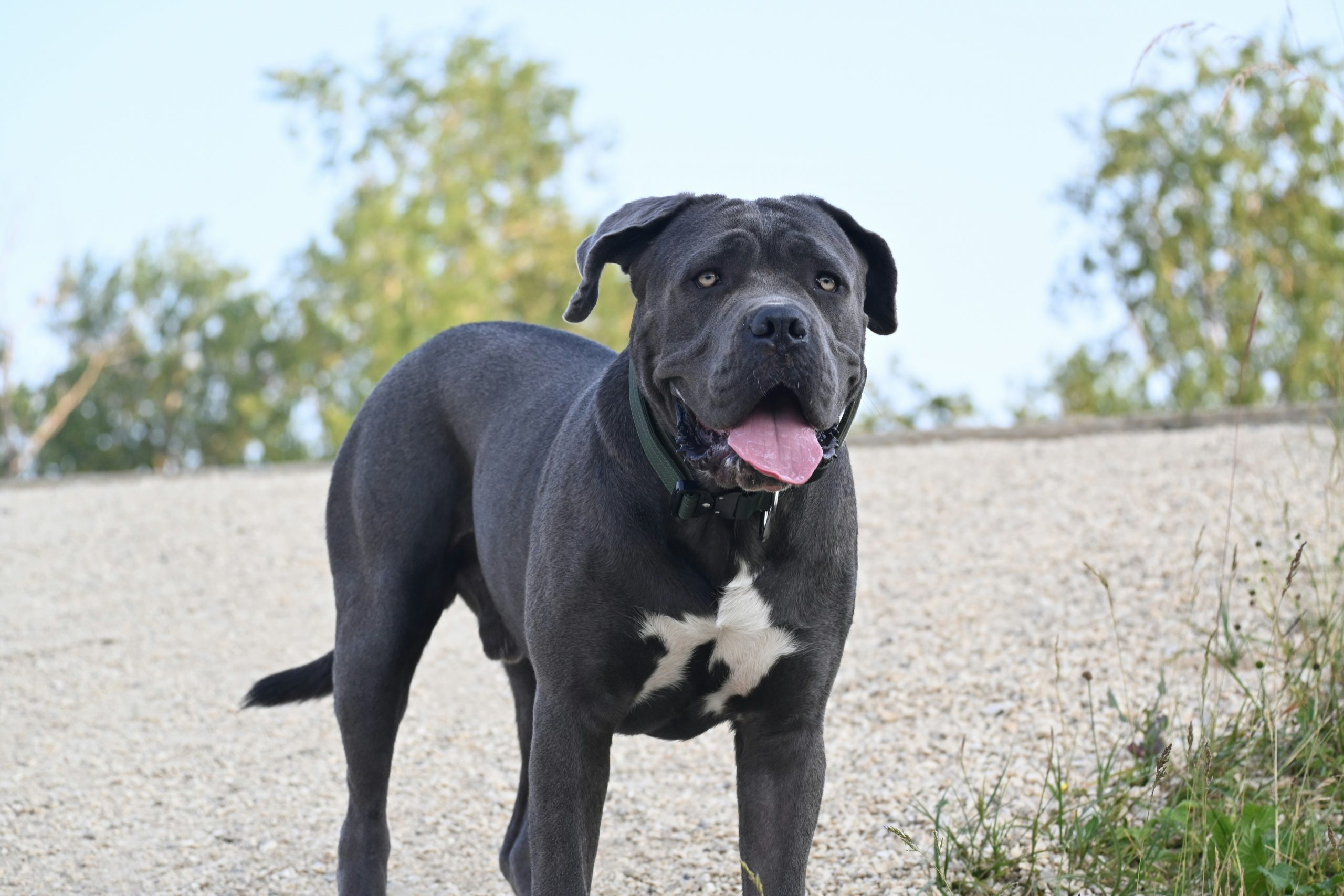
5. Rottweiler
Rottweilers, known for their strength and loyalty, typically have litters of 8 to 12 puppies. Their role as guard dogs and service animals makes them popular choices for breeders, and their genetic predisposition allows for relatively large litters. Managing such large litters requires careful planning, especially in ensuring each puppy receives adequate socialization and care.
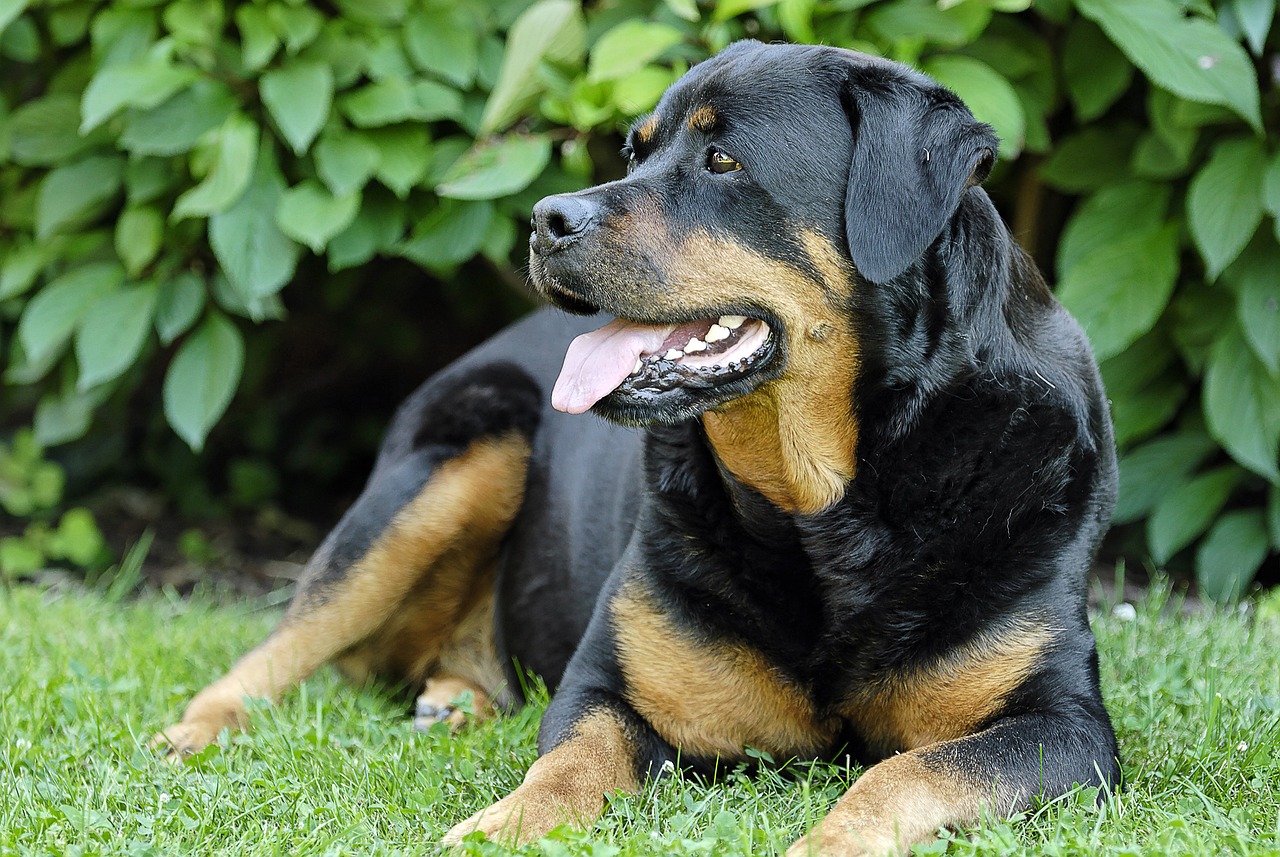
6. Boxer
Boxers are energetic and playful dogs that also tend to have large litters, usually between 6 and 8 puppies, but litters of 10 puppies are not uncommon. The breed’s energetic nature means that large litters can be quite demanding in terms of care and training. Boxer puppies require early socialization and training to manage their high energy levels as they grow.
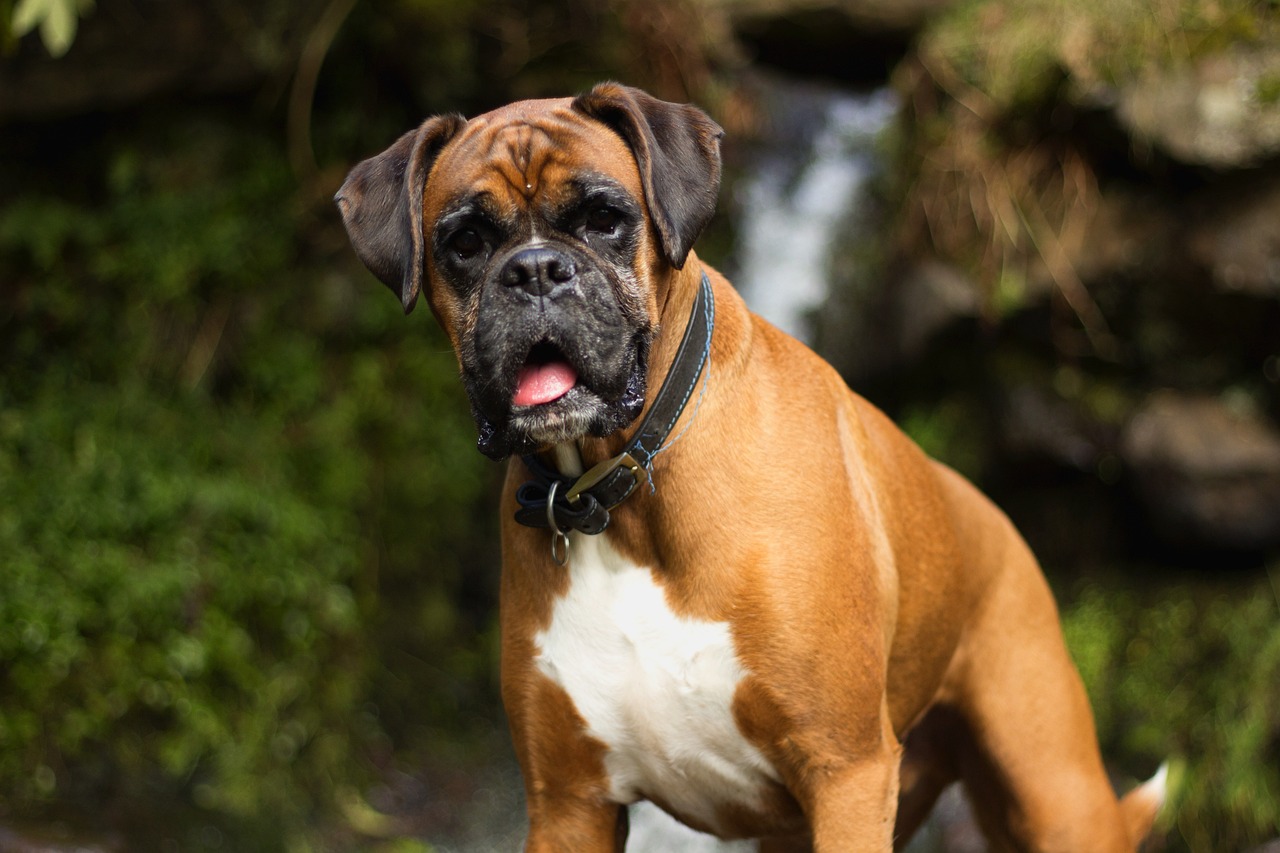
7. Dalmatian
Dalmatians are renowned not only for their distinctive spotted coats but also for their large litters. A typical Dalmatian litter can consist of 6 to 9 puppies, with some litters reaching up to 15 puppies. The large litter size can be a challenge in ensuring each puppy is marked correctly according to breed standards, which is a significant aspect of their breed identity.

8. Doberman Pinscher
Doberman Pinschers are powerful and intelligent dogs that typically have litters ranging from 6 to 8 puppies. However, larger litters of up to 10 puppies are possible and not uncommon. The breed’s intelligence and protective nature make it imperative that breeders provide adequate training and socialization from an early age, especially in managing larger litters.

9. Saint Bernard
Saint Bernards are gentle giants known for their rescue instincts and large size, which is mirrored in their litter sizes. Litters of 6 to 10 puppies are common, and their large size at birth means they require substantial space and care as they grow. The breed’s nurturing temperament makes them excellent mothers, often capable of managing large litters with relative ease.
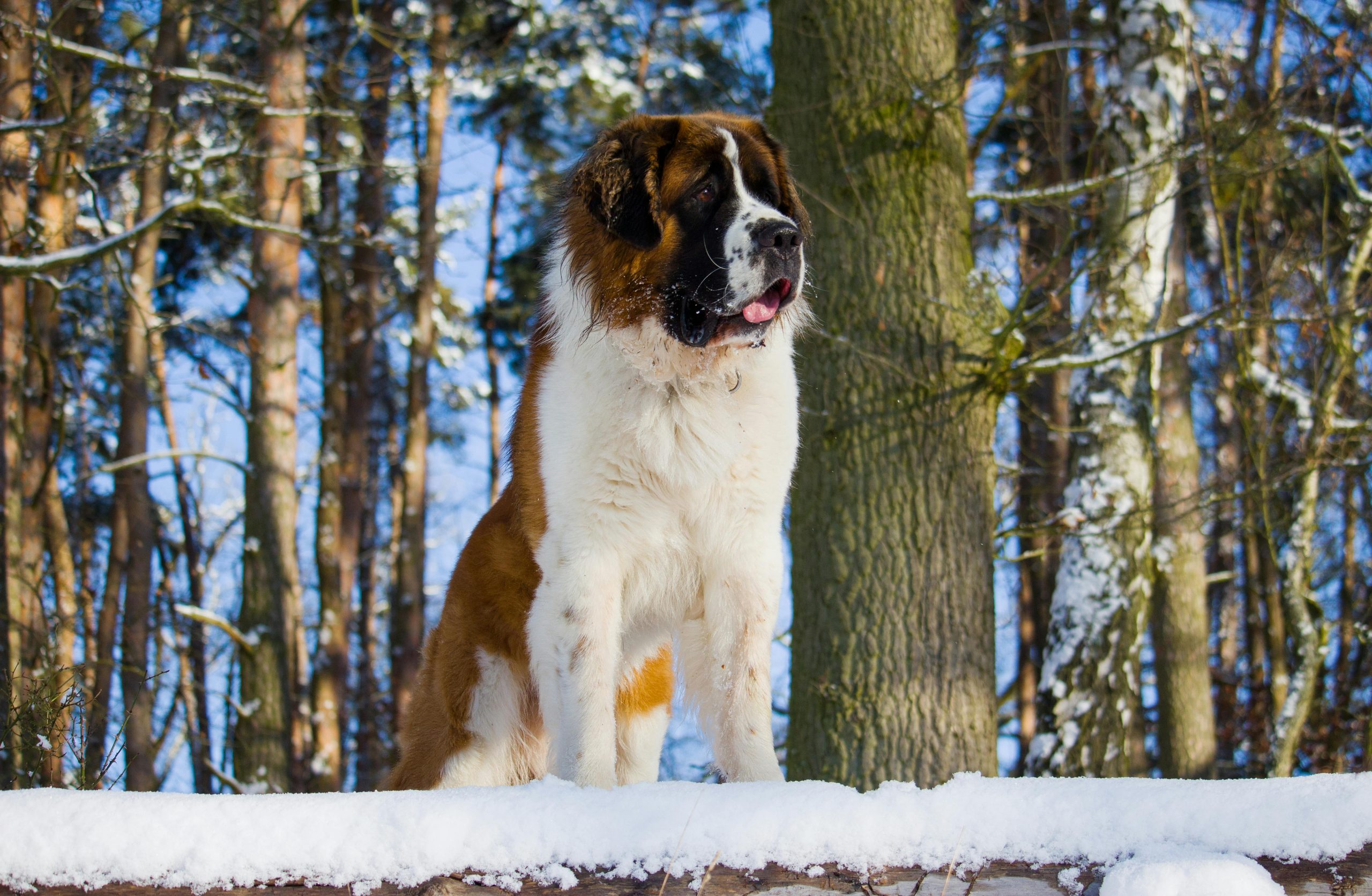
10. Newfoundland
Newfoundlands are massive, calm dogs known for their sweet disposition and impressive size. They typically produce litters of about 8 to 10 puppies. Due to the breed’s size and the puppies’ rapid growth, Newfoundland mothers require significant nutritional support and veterinary care to maintain their health and that of their puppies.
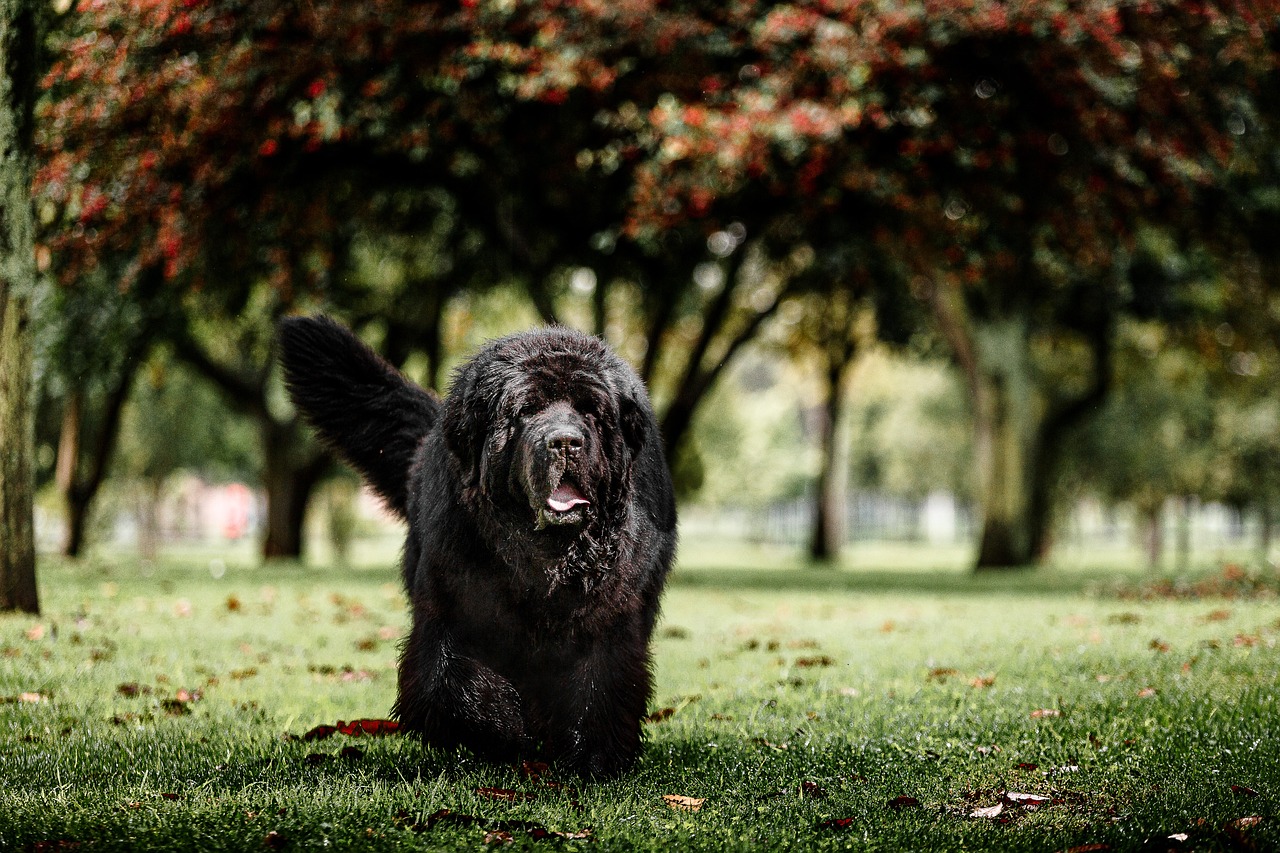
Breeds known for producing large litters bring joy and a significant responsibility to their breeders and owners. Adequate preparation, knowledge, and resources are essential to ensure the health and well-being of both the mother and her puppies. Large litters require more than just basic care; they need enhanced attention to health, nutrition, socialization, and early training to thrive. Understanding the demands of these breeds helps ensure that breeders and owners are well-prepared to provide the best possible start for these puppies.
 Toledo, United States.
Toledo, United States.